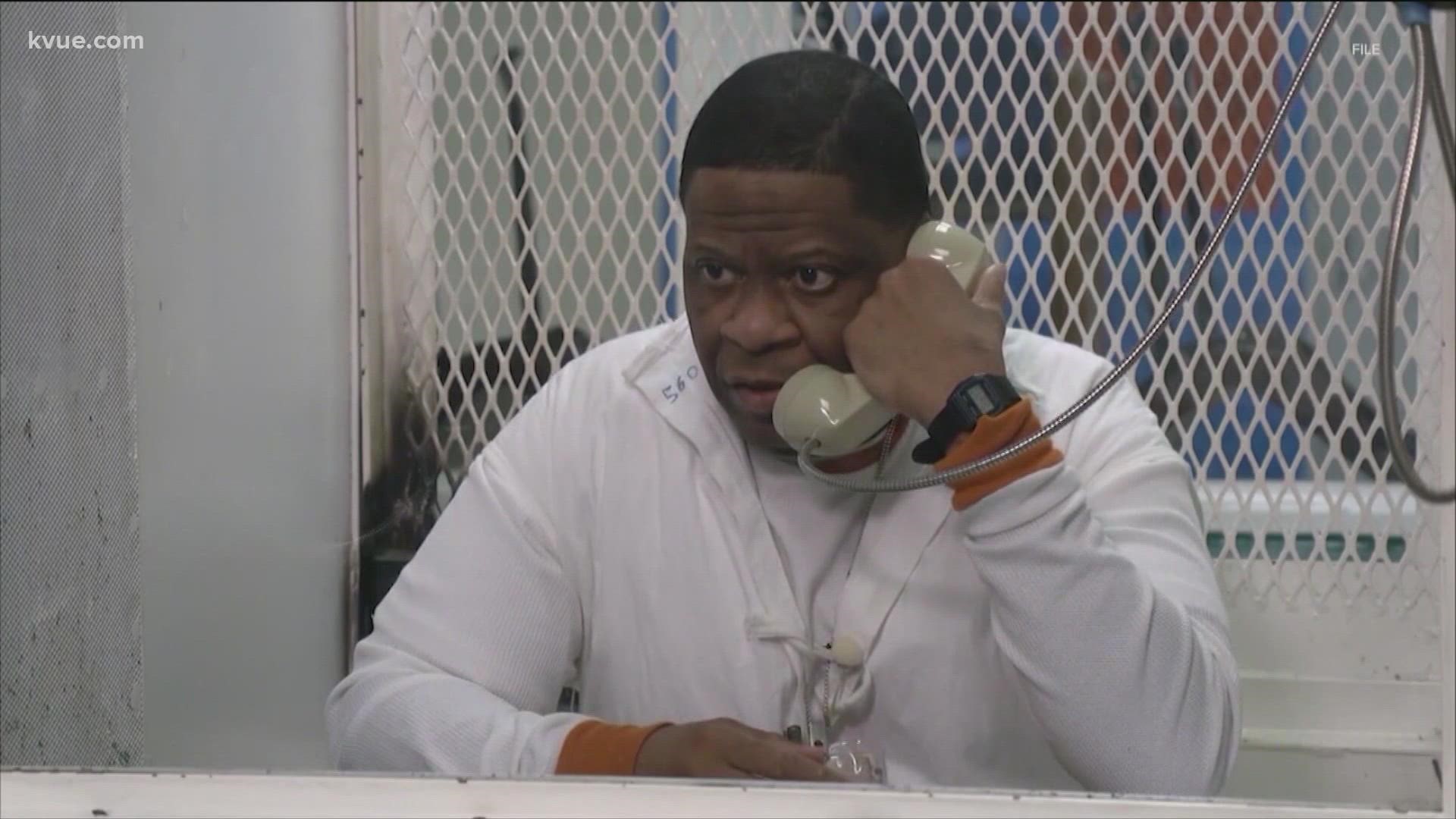AUSTIN, Texas —
A Texas death row inmate’s fight for exoneration took his case to the Fifth Circuit Court of Appeals in New Orleans on Monday.
Rodney Reed and his team want additional DNA testing that they believe will prove his innocence.
A Bastrop County jury convicted Reed of raping and murdering 19-year-old Stacey Stites in 1998. Stites’ body was discovered in a rural part of Bastrop County in April of 1996 with Reed’s semen inside her.
During Monday’s hearing, Reed’s attorney told the court that DNA testing on the murder weapon could possibly reveal the true killer. That murder weapon, Stites' belt, was used to strangle her and was never DNA tested because the technology was not available at the time.
Reed asked for DNA testing for the belt and other items post-conviction, but those requests were denied.
His team claims the state's DNA testing regime is unconstitutional. But the Texas Court of Criminal Appeals said that evidence was mishandled and therefore too contaminated for DNA testing, and that the chain of custody of the evidence raised serious doubts about the reliability of future testing.
Reed’s team has said they believe Stites’ fiancé, Jimmy Fennell, is the real killer.
“Reed wants to DNA test the murder weapon to show he didn't kill Stacy Stites. If DNA testing shows a high concentration of someone else's DNA and the webbing of the belt like Jimmy Fennell’s, it would provide powerful evidence that Reed didn't commit the crime. That DNA would have gotten there from the perpetrator's skin cells in his sweat as he struggled to strangle Stites, gripping the belt for several minutes with such force that it eventually broke in two. But District Attorney Bryan Goertz says no testing, not even at Reed's attorney's expense,” Parker Rider-Longmaid, Reed's attorney, said.
Investigators did look into Fennell as a suspect in the late '90s but eventually ruled him out.
Gwendolyn Suzanne Vindell, the attorney representing the state of Texas, said the mishandling of evidence was not done in bad faith. At the time, routine handling of evidence was done without wearing gloves.
“It was normal practice to handle that evidence ungloved because this was prior to touch DNA being in existence. And my opposing counsel points out in his briefs that there is now a statute in Texas that requires preservation. That statute didn't exist at the time,” Vindell said.
It is expected to take months before the Fifth Circuit Court of Appeals decides.
Monday’s hearing is a result of the U.S. Supreme Court's ruling that allowed for Reed’s DNA request to be considered because the statute of limitations had not run out.
The highest court in the land did reject Reed’s request for a new trial in July of 2024. The rejection means the Texas Court of Criminal Appeals’ decision to deny Reed a new trial stands. The court ruled in 2023 that the testimony of 47 new witnesses in a 2021 evidentiary hearing would not have changed the outcome of Reed’s original trial.

